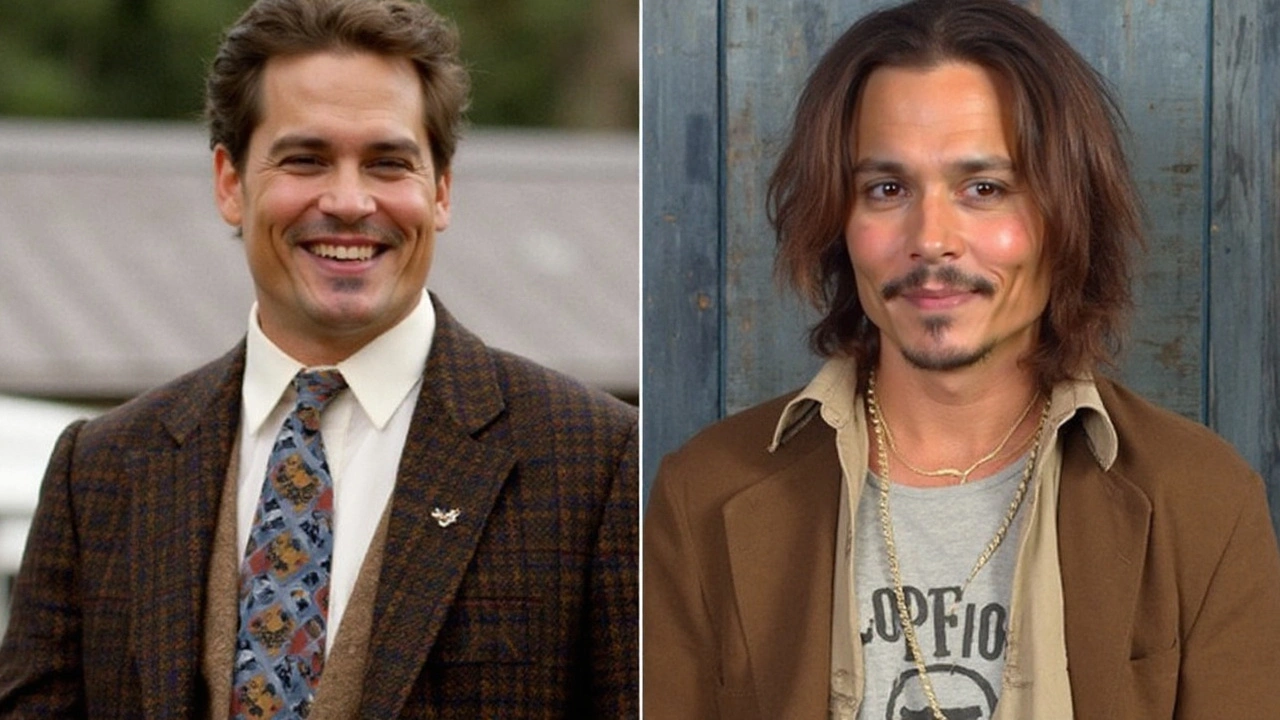
The Allegations Unpacked
During a candid chat on Billy Corgan’s "Magnificent Others" podcast, Corey Feldman let slip a story he’s kept under wraps for years. He says he was originally cast as Arnie in the 1993 drama What’s Eating Gilbert Grape—the same part that eventually launched Leonardo DiCaprio’s career. Feldman, fresh off hits like The Goonies and Stand By Me, says the role would have kept his momentum rolling.
Feldman’s account takes a sharp turn once Johnny Depp entered the picture. According to Feldman, Depp was brought on board after him and allegedly whispered to the producers that he didn’t want to work with a "junkie." Feldman, who had just gotten sober, says the comment was the final nail in the coffin, prompting the studio to replace him.
He explains, “I was actually cast to play Leonardo’s role. I never saw the film because I’m still bitter. But yes, I was originally cast for that role.” The betrayal, he says, not only robbed him of a starring part but also set off a chain reaction that stalled his career.

What Might Have Been
Feldman doesn’t stop at the Grape controversy. He claims he was also in the running for Jack Dawson in James Cameron’s 1997 blockbuster Titanic—another role that went to DiCaprio. “It’s kind of a double banger with Leo,” he said, emphasizing that two potential career‑defining parts slipped away because of the same rival.
To put the loss in perspective, here’s a quick look at what the two roles gave DiCaprio:
- Arnie in What’s Eating Gilbert Grape showcased his dramatic chops and earned him an Oscar nomination.
- Jack Dawson in Titanic turned him into a global icon, driving box‑office records and cementing his place in pop culture.
Feldman says the timing was cruel. He had just completed a rehab program, and the accusation of drug use felt like a personal attack. “Had I not been pushed out of that role, who knows what would have happened,” he mused, hinting that his later struggles might have looked very different.
Industry insiders note that casting battles in the 90s were often decided in dimly lit conference rooms, with star power and personal relationships tipping the scales. If Feldman’s story holds any truth, it paints a familiar picture of how a single comment from a high‑profile actor can reshape careers.
Whether Depp’s alleged remarks were a strategic move or a passing insult, the fallout is clear: One man’s rise to stardom, another’s feeling of being left on the sidelines. Feldman’s revelations add another layer to the ongoing conversation about fairness and power dynamics in Hollywood’s golden era.